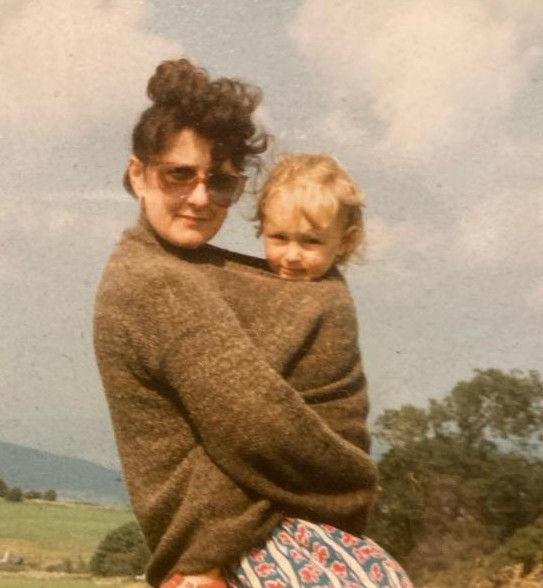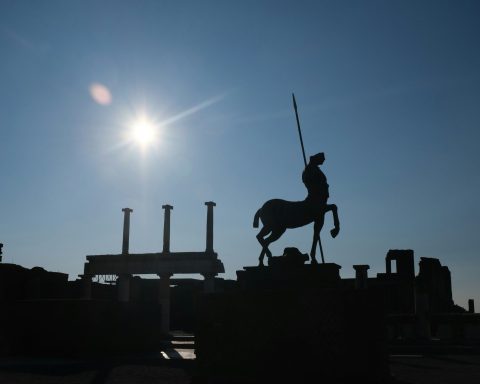 Ben Hoban is a GP in Exeter.
Ben Hoban is a GP in Exeter.
Something that becomes apparent after working for a while in general practice is that we do lots of different things, but also ‘One Big Thing.’ You can make a list of the different things: managing acute illness, diagnosing serious diseases like cancer, helping people with long-term conditions including functional disorders and mental health problems, offering support to the frail and isolated, doing the odd practical procedure, supervising assorted learners and non-medical staff, filling out forms and providing informal advocacy, digging through the drifts of pathology results and correspondence that accumulate silently overnight, and attending meetings of dubious utility. The ‘One Big Thing’ is harder to put a finger on, but sometimes suggests itself through the other things that cause us frustration when they get in its way, or in the feeling of weary satisfaction at the end of a busy day that sometimes still reminds us that we do a good job.
The idea of core and peripheral GP workload has an intuitive appeal, but breaks down under scrutiny.
There is certainly a lot to do each day, and we are spread more thinly than before. The widespread recruitment of Additional Roles Reimbursement Scheme (ARRS) clinicians within Primary Care Networks (PCNs) assumes that there is a core of work which is best left to GPs, and a negotiable periphery that we can delegate to others. The line between the core and the periphery is then necessarily drawn at the point where standard protocol-driven care gives way to the individualised management of patients with more complex needs. If demand in the system were fixed, this division of labour would lead toa smaller number of GP appointments, which would be more challenging but potentially also more rewarding, and of course longer. Tea and biscuits would be lovely, thank you. Alas, demand appears to be unlimited, so the extra help risks leading instead to an increase in the complexity and intensity of our work, without creating any additional time in which to do it.1
The idea of core and peripheral GP workload has an intuitive appeal, but breaks down under scrutiny. Look closely at the different things we do, and there is very little that could not in theory be done by someone else. Our ability to manage complex problems is not some kind of super-power, for which our regular low-level involvement with patients is merely the cover, like the super-hero’s day job. Rather, this more routinework is the foundation of our relationships with patients, andlends context to higher-level care when it becomes necessary. We learn our craft not by studying complexity, but people. We are not ultimately specialists in complex care, but generalists whose role emerges from a diversity of tasks, even though most are straightforward when viewed in isolation.2
Emergence refers to systems whose properties go beyond a simple scaling-up of the properties of their components, such that the behaviour of the whole is not readily predictable from a knowledge of the parts.3 Just as neighbourhoods with their own character emerge from particular arrangements of buildings, people and services, our ‘One Big Thing’ emerges from a workload that is necessarily varied. Take away any one element and the effect may not be significant, but keep taking away more, and at some point, the character of the whole will change. If what we do as GPs contains no essential core, then it can have no dispensable periphery either, and delegating work to others may just mean that we become less involved with our patients, and therefore less effective. Does this matter, or is occasional ‘quality time’ spent dealing with people’s weightier concerns enough to maintain good working relationships and a generalist outlook?
…current trends may be leading us not towards some kind of magical core role, but merely away from our roots.
GPs have always worked alongside other professional and informal care-givers, and there has never been a time when we could meet all our patients’ needs ourselves: there is therefore no reason in principle why we cannot share out some of our workload within practices and PCNs. It is worth reflecting, however, that current trends may be leading us not towards some kind of magical core role, but merely away from our roots. Generalism is primarily about integration rather than complexity,4 and if we want to maintain our professional character and avoid making our working days even more difficult, we need to consider carefully how to avoid fragmenting our role by delegating its parts, and how instead to support our new colleagues in adopting a more generalist approach themselves.
References









Exactly ! General Practice has been completely fragmented and it’s worse for both GPs and patients
[…] B, 2024, One big thing, https://bjgplife.com/one-big-thing/ (accessed […]